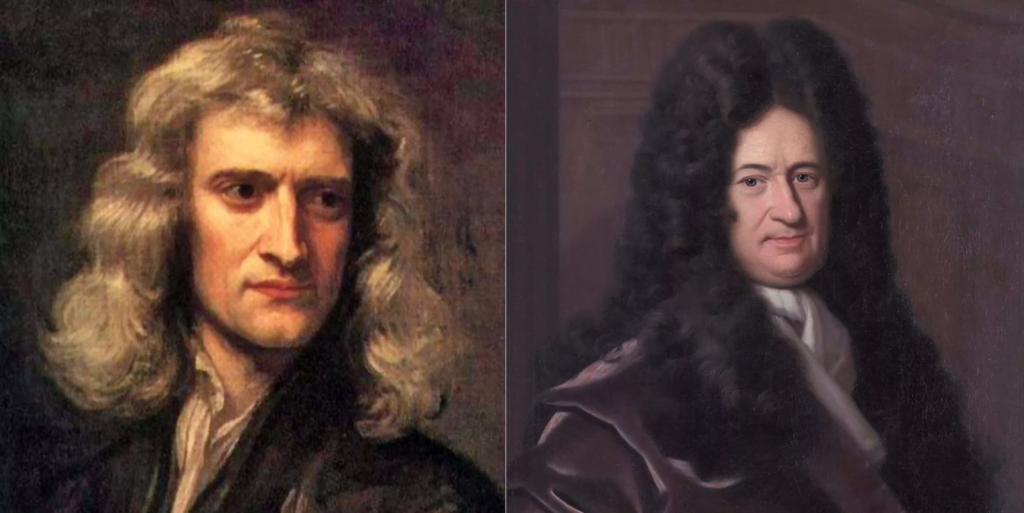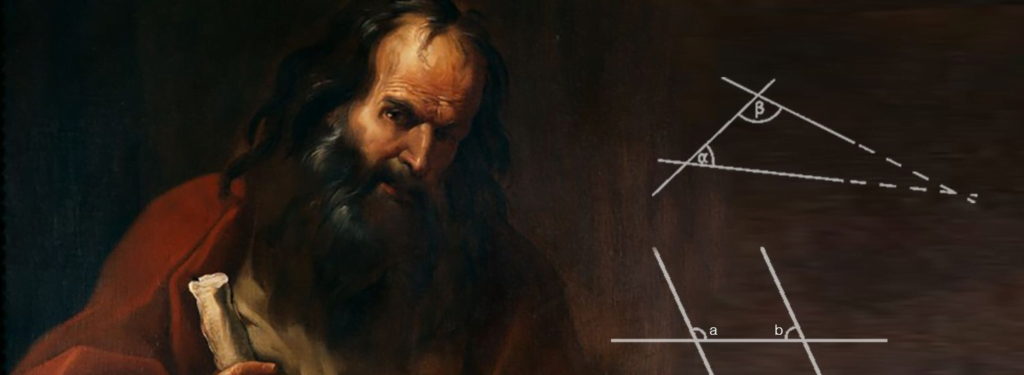A complex origin
Have you ever found yourself doing a calculation and saying, “For God’s sake, who figured that out?” You are not alone.
Questioning the origins of mathematics is common, but the answer may be more complex than we imagine. In this regard, it comes very close to asking the origin of fire. There is no exact point of origin, it is something that was discovered (or invented, right!) by different civilizations due to the need to create a concept that expressed quantities (and carry out manipulations with these concepts, such as lack or sum!).
This, however, is true for the most primitive idea in mathematics. When it comes to advanced concepts, such as creation from scratch or, for example, infinitesimal calculus, we can trace the origin to a geographic location or even a person!
Discovery or invention?
If I know a curious mind well, I'm sure you're not satisfied, aren't you? Even if a person or country is the origin, you have to ask yourself, “But did he discover or invent this mathematical concept?”
Your question actually hides a very deep debate:
Have mathematical concepts always existed, waiting for us to be discovered, or were they invented by us to describe and facilitate our relationship with the world?
In ancient times, the Greeks believed that mathematics was a divine gift. For philosophers like Plato and mathematicians like Euclid, mathematical concepts were real, existing before they were even perceived by us, in the same way that planets existed before they were discovered.
For them, mathematics was intrinsic to nature, a part of the fabric of the universe. However, this is no longer true for us. Nowadays, this is a profound debate, for which there is no single answer.
As an example, we can show the video of YouTuber Julia Jaccoud, a graduate and master's student in Mathematics from USP, who asked this question to experts on the subject.
For Artur Avila, Fields medalist in 2014, the answer is: “it was discovered”. However, for John Bush, professor at the famous American institute MIT,: “When you look at a flower, you discover mathematics. But that is nature, and we created the mathematical language.” The Senegalese Khadim War makes it even more difficult: part of it was discovered, part of it was invented.
Difficult, right? In my personal case, I agree more with John Bush and I actually found his metaphor very beautiful.
So that you don't end this article with a more confused head than when you entered it, we've separated some important discoveries (or inventions...) in mathematics and their creators!
Important inventions in mathematics
Differential and integral calculus:

Isaac Newton and Gottfried Wilhelm Leibniz are often credited with creating calculus, although they developed independent approaches. Newton even accused Leibniz of plagiarism!
Euclidean Geometry:

Euclid is the author of the “Elements”, one of the most important geometry treatises, which established the fundamental principles of Euclidean geometry.
Algebra:

Arab mathematicians, such as Al-Khwarizmi (whose name gave rise to the word “algebra”), played a fundamental role in the development of algebra.
Number Theory:
Pierre de Fermat and Leonhard Euler made significant contributions to number theory, including Fermat's Last Theorem and Euler's totient function.
Set theory:
Georg Cantor is widely recognized for his work in set theory, including the concept of cardinality and cardinal numbers.
Non-Euclidean Geometry:
Nikolai Lobachevsky and János Bolyai are considered the founders of non-Euclidean geometry, which challenged Euclid's postulates and led to the development of different geometries.
Mathematical logic:
George Boole is known for his contributions to Boolean algebra, which is the basis of modern mathematical logic.
Theory of graphs:
Leonhard Euler is often credited with creating graph theory by solving the Königsberg Bridge problem.
Linear algebra:
Carl Friedrich Gauss and Évariste Galois made fundamental contributions to linear algebra and group theory, respectively.
Fractal Set Theory:
Benoît B. Mandelbrot is famous for introducing the idea of fractals, which are complex mathematical sets with self-similarity.



